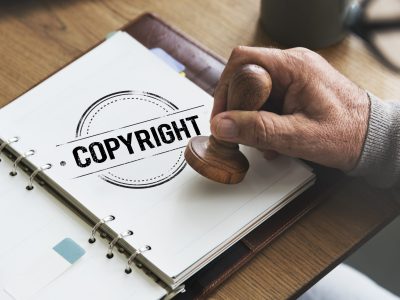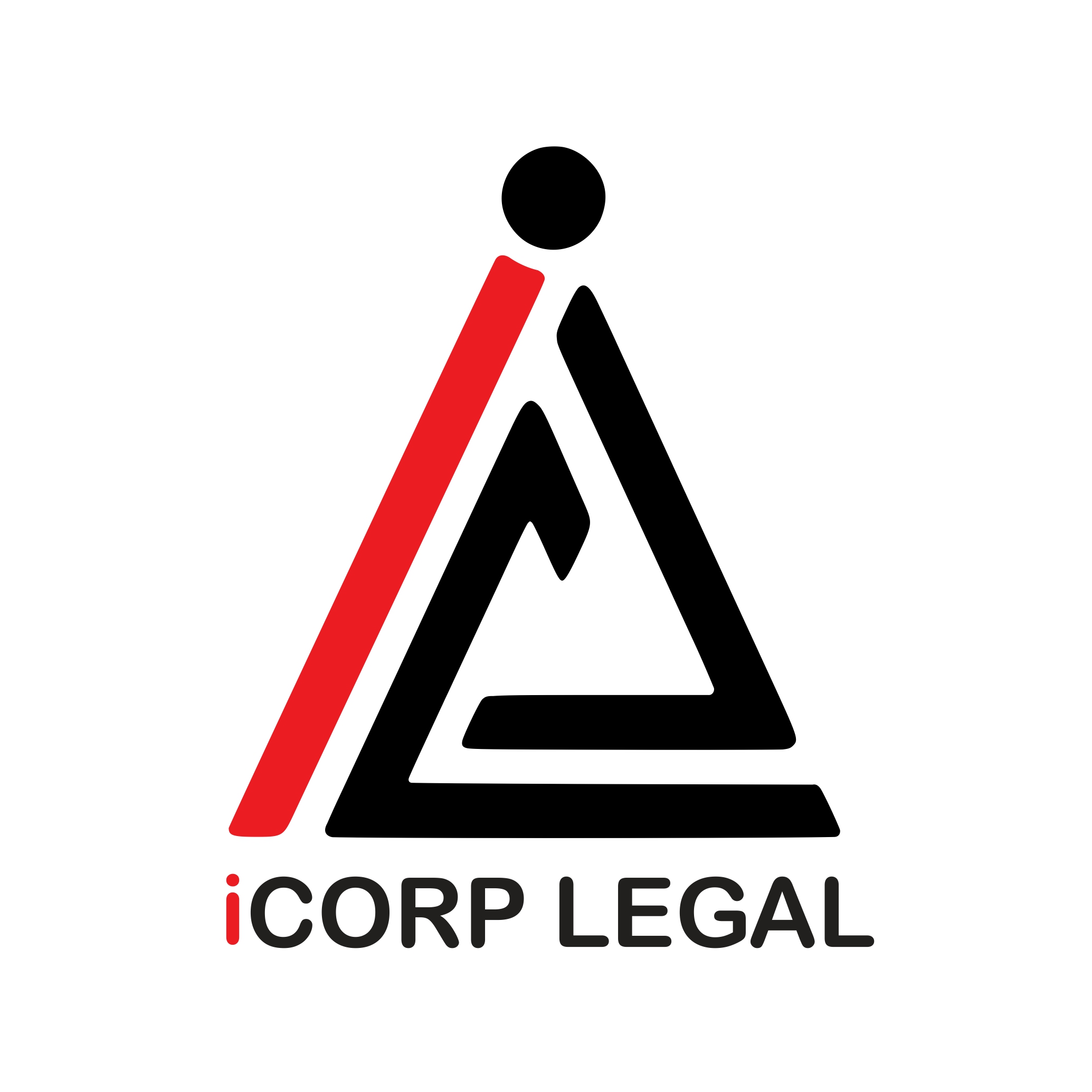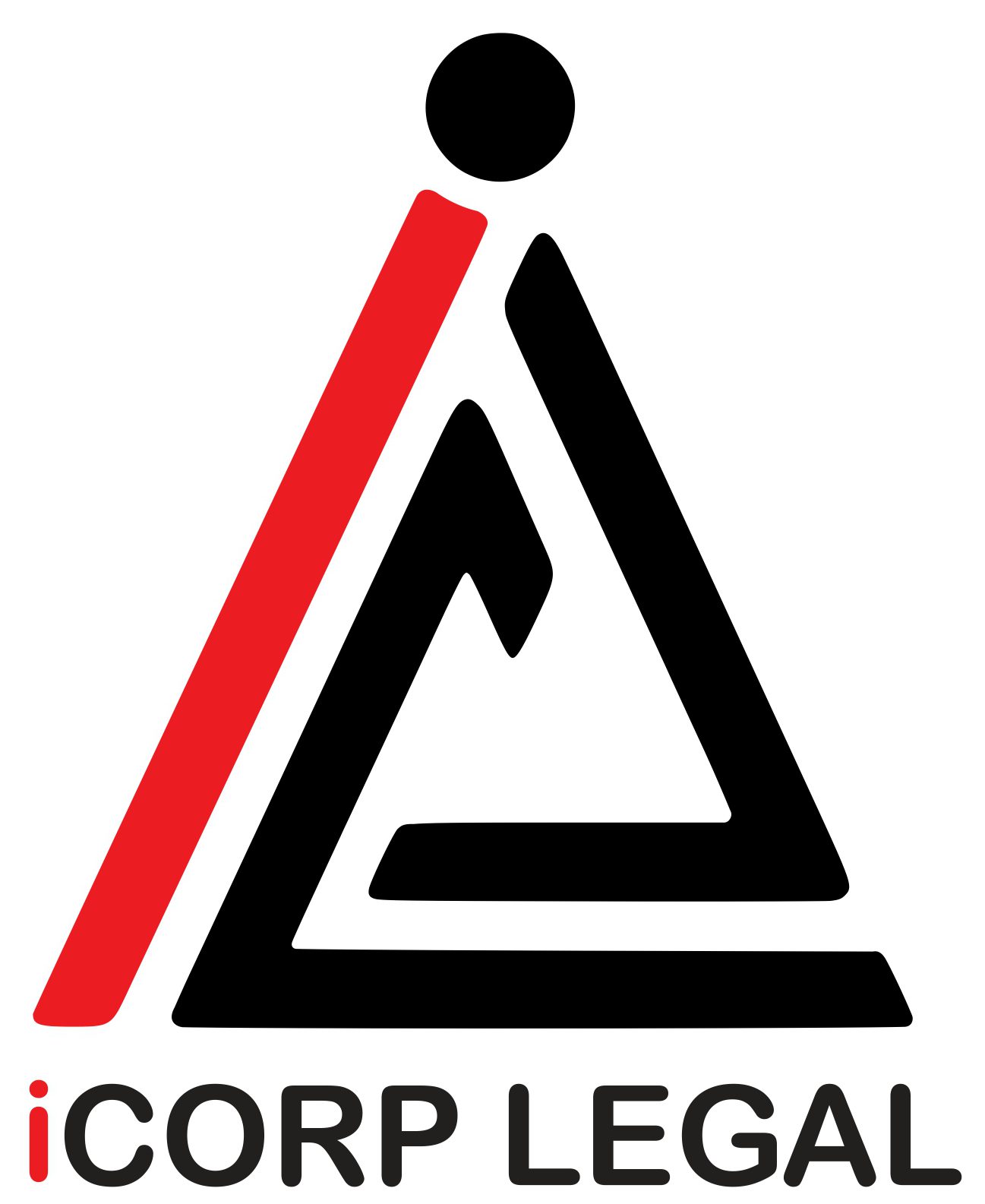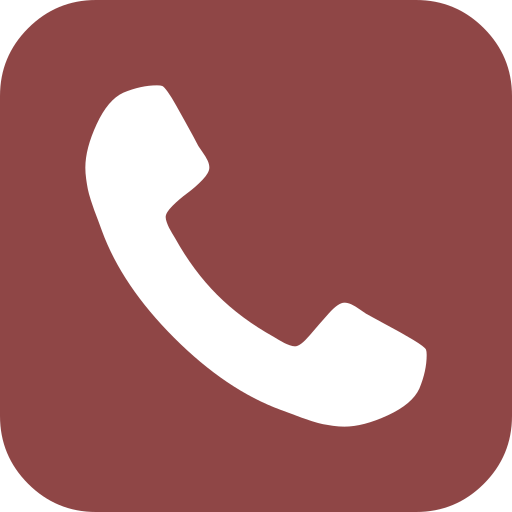
ICL advises clients on advisory, transactional and enforcement issues relating to copyright. The firm has been assisting clients on copyright issues in the areas of software, motion pictures, literary and artistic works, photographs and musical works, both in the physical and digital contexts. The firm also has experience in advising clients on copyright issues relating to social media networks. Our services include:
- Providing assistance in the filing and prosecution of applications for registration of copyright,
- Advising clients on licensing, selling or purchasing of copyrighted material,
- managing cancellations of copyright, and
- representing clients before the copyright authority and board.
- Conducting due diligence investigations to guarantee that clients do not infringe third party rights, including software licences.
- Demonstrating strong ability in the enforcement of copyright – successfully defending clients in civil and criminal cases, as well as in administrative proceedings before various courts in India.
- Helping in search and seizure operations, and advising clients on issues related to customs recordables and parallel imports.
- Demonstrating expertise in the analysis of overlapping intellectual property rights, drafting of take-down notices, and managing online content.
Documents Required for Registration of Copyright
Broadly, essential documents required for copyright Registration are as follows: –
- If the work is published than 3 copies of work. If the work is unpublished than 2 copies of manuscripts.
- If the work is published then the year and address of first publication
- All information regarding the country and year of subsequent publication.
- If the work is not of the Applicant, then Authorisation in respect of work.
- If the application is filed by an attorney, then special power of Attorney or Vakalatnama.
- Details regarding the Applicant like name, address, nationality, mobile number and email address.
- Details regarding the work like title and language of work.
- If the Applicant is not the author, then name, address, nationality of the author and a No-Objection certificate with authorization letter by the author.
- If the Applicant is not the publisher, then a no-objection certificate from the publisher is required.
- If the work is to be used on a product, then no objection certificate from the trademark office.
- If a person’s photo is appearing in the work, then no-objection certificate from such person.
- If it is software, then source code and object code are also required.
Registration Process for Copyright
- Application Filing
Applicant, who can be an author of the work, claimant of copyright, exclusive right of work owner or an authorised agent can either file an application in the Copyright office or via post or through e-filing. A separate application must be filed for registration of each work along with the particulars of respective works. The Registrar will then issue a Diary Number to the Applicant.
- Examination
After the issuance of Diary Number, the examiner reviews the application within 30 days and objection is any can be raised.
If no objections are raised but discrepancies are found by the Examiner then a letter of discrepancy is sent to the Applicant. Upon the receipt of reply, a hearing is conducted by the Registrar. Once the issues are resolved, the application is moved further
If any objections are raised by any other person letters are served to both parties and hearing is scheduled by the Registrar. During hearing if the objections are not resolved, the application is deemed to be rejected and the Applicant is sent a rejection letter. If the objections are resolved during hearing, then the application moves forward.
- Registration
When the Registrar of Copyrights is satisfied with the claims, he enters the details of the copyright in the Register of Copyright and issues a Certificate of Registration. The Applicant is then issued the Extracts of the Register of Copyrights (ROC).
Rectification of Copyright
Any aggrieved person or the Registrar of Copyright can file a rectification application in the Copyright Board. A rectification application can be made in following circumstances:
- An entry which was wrongly omitted to be made in the Register,
- A wrongly made entry to be expunged,
- To correct an error or defect in the Register.
Process for rectification of Copyright:
Although there is procedure laid down in the Act, the Copyright Board is vested with the powers of a Civil court under CPC and all proceeding before such Board are considered judicial proceedings. The Board has the power to regulate its own procedure for trying matter under Section 12(1) of the Act. An Appeal against the decision of the Copyright Board is made to the High Court having jurisdiction.
The Copyright team at ICorp Legal has expertise in handling matters involving copyright in entertainment laws, databases and software industry etc.








